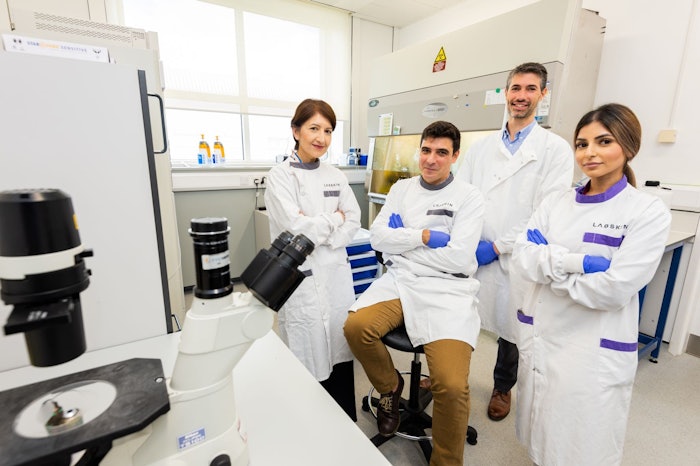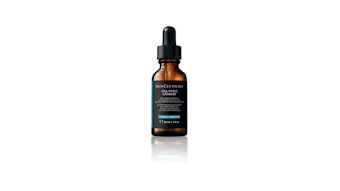
In a major breakthrough for research into skin health and product development, UK-based Labskin and the University of Bradford's Center for Skin Science announced the first-ever commercially available lab-grown "pigmented" skin-equivalent has been developed.
In a joint project, scientists have incorporated melanocytes (the cells that give skin its pigment) into Labskin's full thickness human skin models that naturally mimic the skin's microbiome.
Related: Two Peer-Reviewed Articles Highlight Efficacy and Safety of DAXXIFY
Labskin is a pioneer in the development of lab grown human skin equivalents. The world's leading consumer health and skin care companies use Labskin and its artificial intelligence-driven data analytics for research and testing the efficacy and impact of skin care product formulations on the skin microbiome. The company has conducted thousands of tests on skin care products, cosmetics, health care, drug delivery and wound care.
The new "pigmented" models allow Labskin to further assess safety and efficacy of skin care ingredients and formulations on a greater diversity of skin types, integrating ethnic skin with various microbiomes. The presence of melanocytes of the skin model also allows the study of causes and alleviation of hyperpigmentation, creates a model to study UV exposure response, and establishes reproducible melanoma models for the pharmaceutical industry.
“This new model is allowing us and our clients to get a deeper understanding about melanin production in healthy and pathological stages, skin toxicology, drug metabolism and the host microbe interaction," said Dr. David Caballero-Lima, chief scientist of Labskin. "It’s a critical development for the cosmetics and dermatological sectors to provide even more precise testing platforms to deliver first class, safe and efficacious products.”
Labeled as "Labskin M," the commercially available "pigmented" skin model is the result of the Knowledge Transfer Project (KTP), a UK government program created to encourage collaboration between businesses and universities. Funding was provided by Labskin and Innovate UK, which provides support to organizations for product creation and services.











